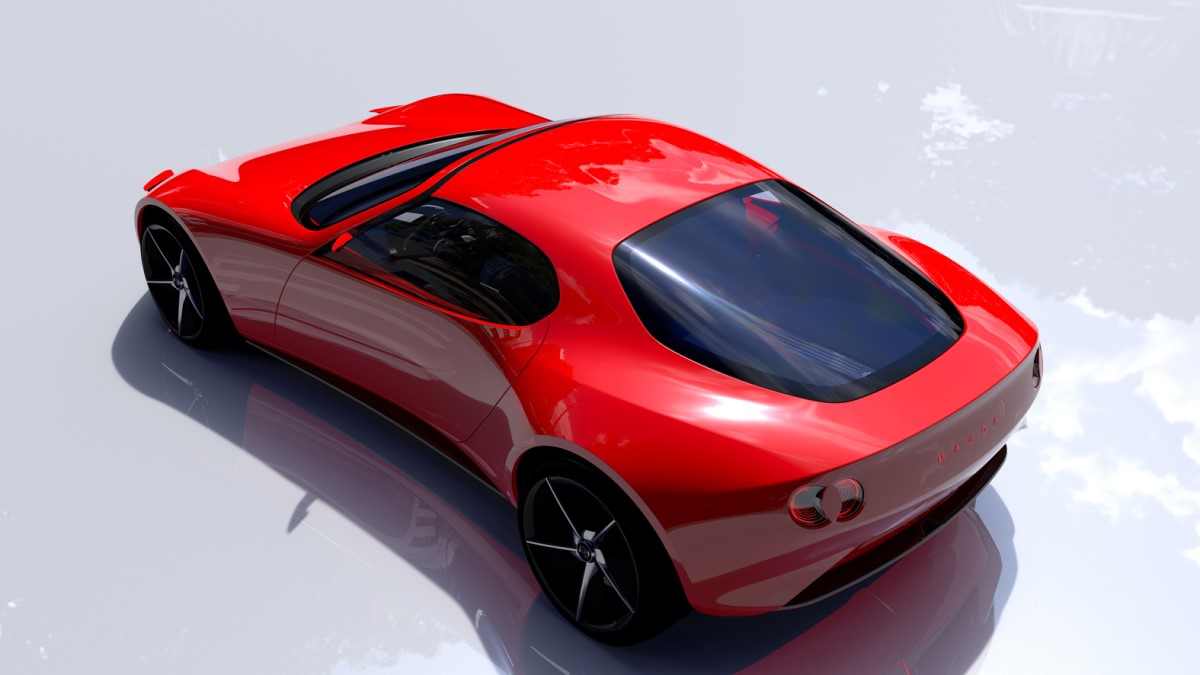
It’s summer, and time for the family road trip. Even before you hit the road, there’s a number of things you should do to ensure a safe and successful journey. The National Highway Traffic Safety Administration (NHTSA) has some common-sense tips on what you should check off your pre-trip list to avoid a costly and inconvenient breakdown or worse, a crash.
Here’s what the NHTSA advises:
Maintain your vehicle
Make sure that regular maintenance such as tune-ups, oil changes, battery checks, and tire rotations are kept up to date. Servicing your vehicle according to manufacturer recommendations is a sure bet that it will be in tip-top shape for your trip. If you’ve recently acquired a used vehicle and you’re not sure of its history, take it to your local mechanic for an inspection and any preventative maintenance that’s called for.
Check for latest recalls
Summer vacation trips are a good time to make a regular check to see if your vehicle is subject for any recalls that may have occurred in the past year that you may not be aware of. NHTA’s look-up tool lets you enter a Vehicle Identification Number (VIN) to find out if your specific vehicle is required to be repaired as part of recalls that go back 15 years. The tool can be found at NHTSA.gov/Recalls. And sign up for email recall alerts at NHTSA.gov/Alerts.
Carry an emergency kit
Be prepared for any contingency on the road with this emergency roadside kit recommended by NHTSA. Among the items you should carry are:
- Cell phone and charger
- First aid kit
- Flashlight
- Flares and a white flag
- Jumper cables
- Tire pressure gauge
- Jack (and ground mat) for changing a tire
- Work gloves and a change of clothes
- Basic repair tools and some duct tape (for temporarily repairing a hose leak)
- Water and paper towels for cleaning up
- Nonperishable food, drinking water, and medicines
- Extra windshield washer fluid
- Maps
- Emergency blankets, towels and coats
Perform these safety checks:
Tires. Inflation on all your tires should be checked to manufacturer specification at least monthly. Pressures should be measured on cold tires (not having been driven in the past three hours) as well as checked on the spare, if so equipped. The correct pressure can be found on the inside of the driver’s doorjamb or in the owner’s manual. You can use this time to also look for excessive or unusual tire wear which could be a sign that either one or more tires need to be replaced or rotated or that an alignment is required.
Lights. Inspect all the lights on your vehicle to make sure they are in working order. That includes headlamps, turn signals, brake lights, emergency flashers and interior lights. Also, if you tow, do a visual check to make sure that the trailer’s taillights, flashers and brake lights are functioning.
Cooling system. Check coolant in your radiator to make sure it’s filled to the proper level. Also check for color and particles. If the fluid is rusty or there’s some grit, it’s time to get the cooling system flushed and refilled. If there’s oil or sludge in the fluid, immediately take your vehicle to a mechanic, as this is a sign of serious engine trouble.
Oil and other fluids. Make sure your engine has the correct level of oil as well as look at the condition of the oil itself. If it’s dark or dirty, it’s time for an oil change, which should also include a new filter. Also check other fluids including the levels and condition in the brakes, windshield washer reservoir, and transmission. In addition to seeing if the reservoir is full, also check for leaks, which would require immediate service.
Belts and hoses. A look under the hood is recommended to check the hoses and belts for wear and possible replacement. Hoses that are cracked, bulged or blistered should be replaced as they have the potential for failure, especially in high summer heat. Also take the time to inspect the hose connections to ensure they are secure. Check belts for excessive wear or squealing when the car’s engine is revved. This is also a good time to check the condition of the air filter and change if necessary.
Wiper blades. Especially after severe winter weather or exposure to hot temperatures, windshield wiper blades are subject to degradation. Look at them for signs of wear, check to see if they properly clear the window in both directions and replace worn ones before you hit the road.
Air conditioning. Give your climate control system a good workout. Make sure the temp blows cold and that all the fan speeds work.
Does your car need work before your summer road trip? Find a local dealership now!







